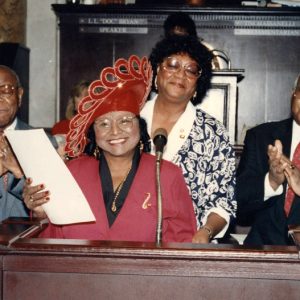 Eliza Jane Ashley Citation
Eliza Jane Ashley Citation
Entry Type: Person
 Eliza Jane Ashley Citation
Eliza Jane Ashley Citation
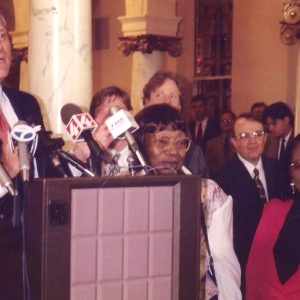 Eliza Jane Ashley
Eliza Jane Ashley
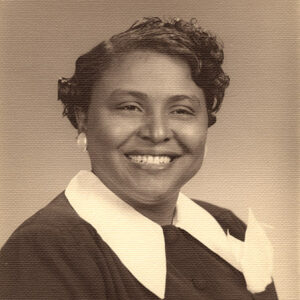 Eliza Jane Ashley
Eliza Jane Ashley
Ashley, Eliza Jane
Ashley, Hubert Carl (Hugh)
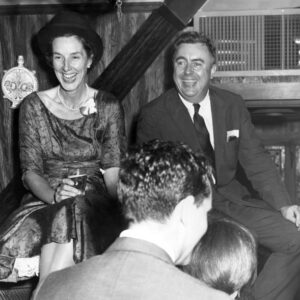 Harry Ashmore
Harry Ashmore
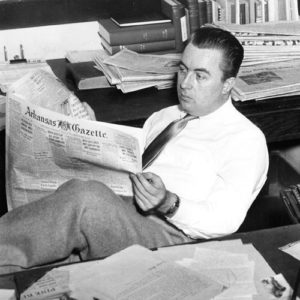 Harry Ashmore
Harry Ashmore
Ashmore, Harry Scott
Atkinson, James Harris (J. H.)
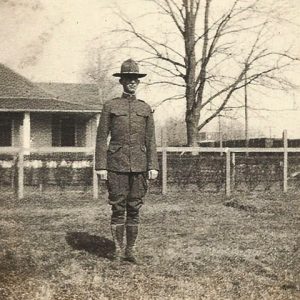 J. H. Atkinson
J. H. Atkinson
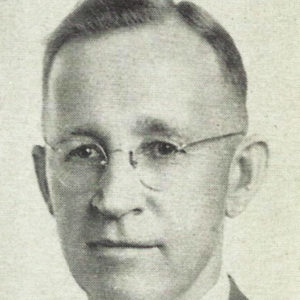 J. H. Atkinson
J. H. Atkinson
Atkinson, Richard Bernard
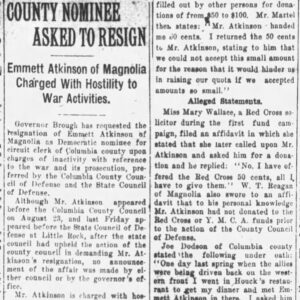 Willie E. Atkinson Article
Willie E. Atkinson Article
Atkinson, Willie Emmett
Auburn, David
Audubon, John James
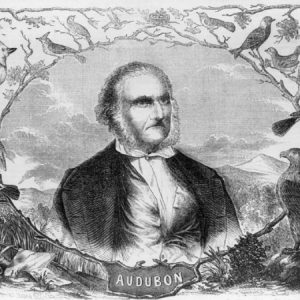 John Audubon
John Audubon
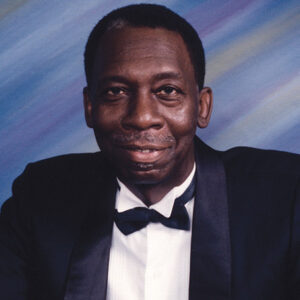 "Geese" Ausbie
"Geese" Ausbie
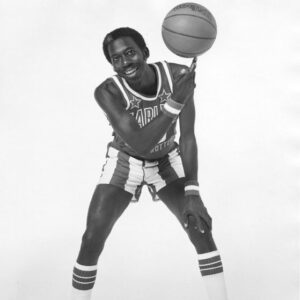 "Geese" Ausbie
"Geese" Ausbie
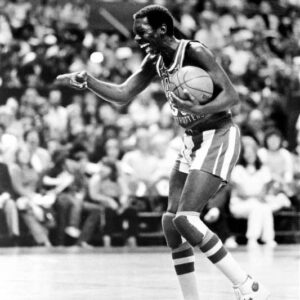 "Geese" Ausbie
"Geese" Ausbie
Ausbie, “Geese”
aka: Hubert Ausbie
Austin, Stephen Fuller
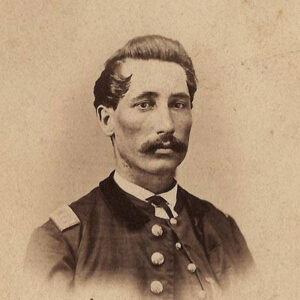 George S. Avery
George S. Avery
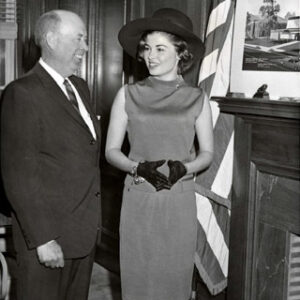 Donna Axum
Donna Axum
Babbie, Earl Robert
Babbitt, Wayne Hubert
Babcock, Bernie
aka: Julia Burnelle Smade Babcock
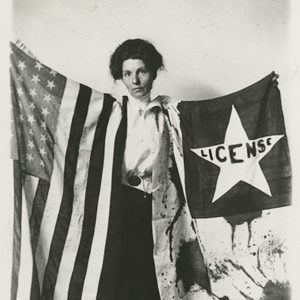 Bernie Babcock, Suffragist
Bernie Babcock, Suffragist
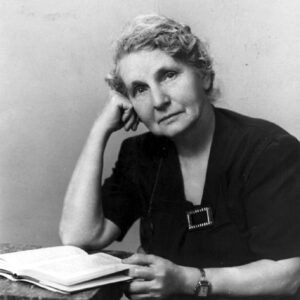 Bernie Babcock
Bernie Babcock
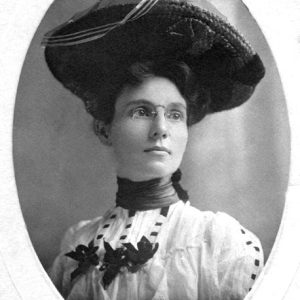 Bernie Babcock
Bernie Babcock
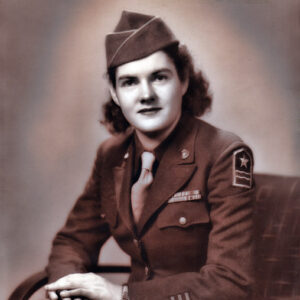 Lucille Babcock
Lucille Babcock
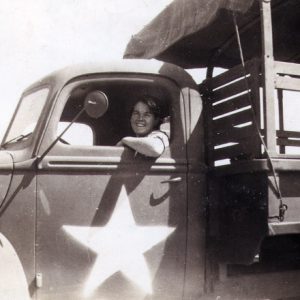 Lucille Babcock
Lucille Babcock
 Lucy Babcock on Stage
Lucy Babcock on Stage
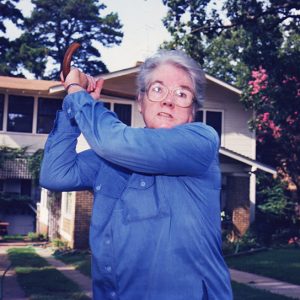 Lucy Babcock
Lucy Babcock
Babcock, Lucille (Lucy)
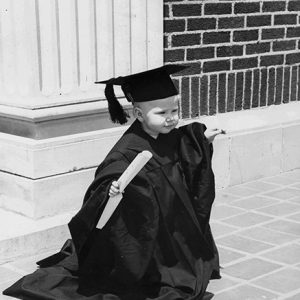 Baby of Arts Degree
Baby of Arts Degree
Bachman, Joseph
Bacon, Nick Daniel (Nicky)
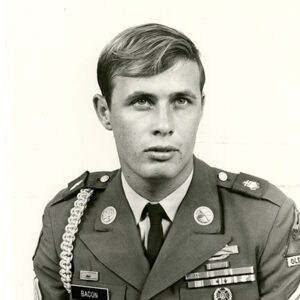 Nicky Bacon
Nicky Bacon
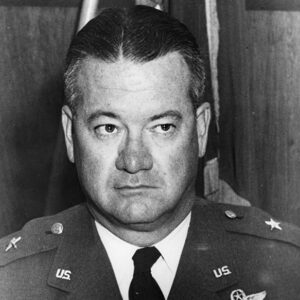 William C. Bacon
William C. Bacon
Bacon, William Corinth
Baerg, William J.
Bailey, Bob
aka: Robert Ballard Bailey
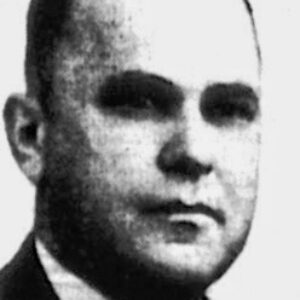 Bob Bailey
Bob Bailey
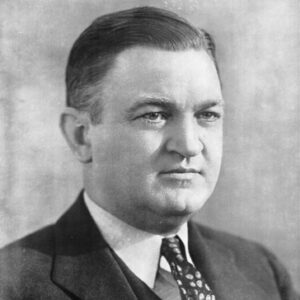 Carl Bailey
Carl Bailey
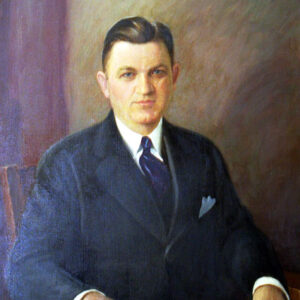 Carl Bailey
Carl Bailey
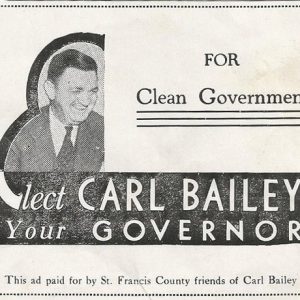 Carl Bailey Ad
Carl Bailey Ad
Bailey, Carl Edward
Bailey, James Clayton (Jim)
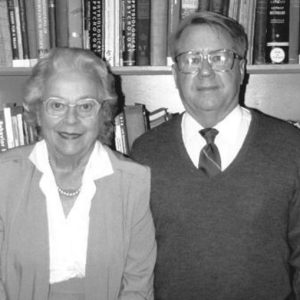 Marian and Bob Bailey
Marian and Bob Bailey




